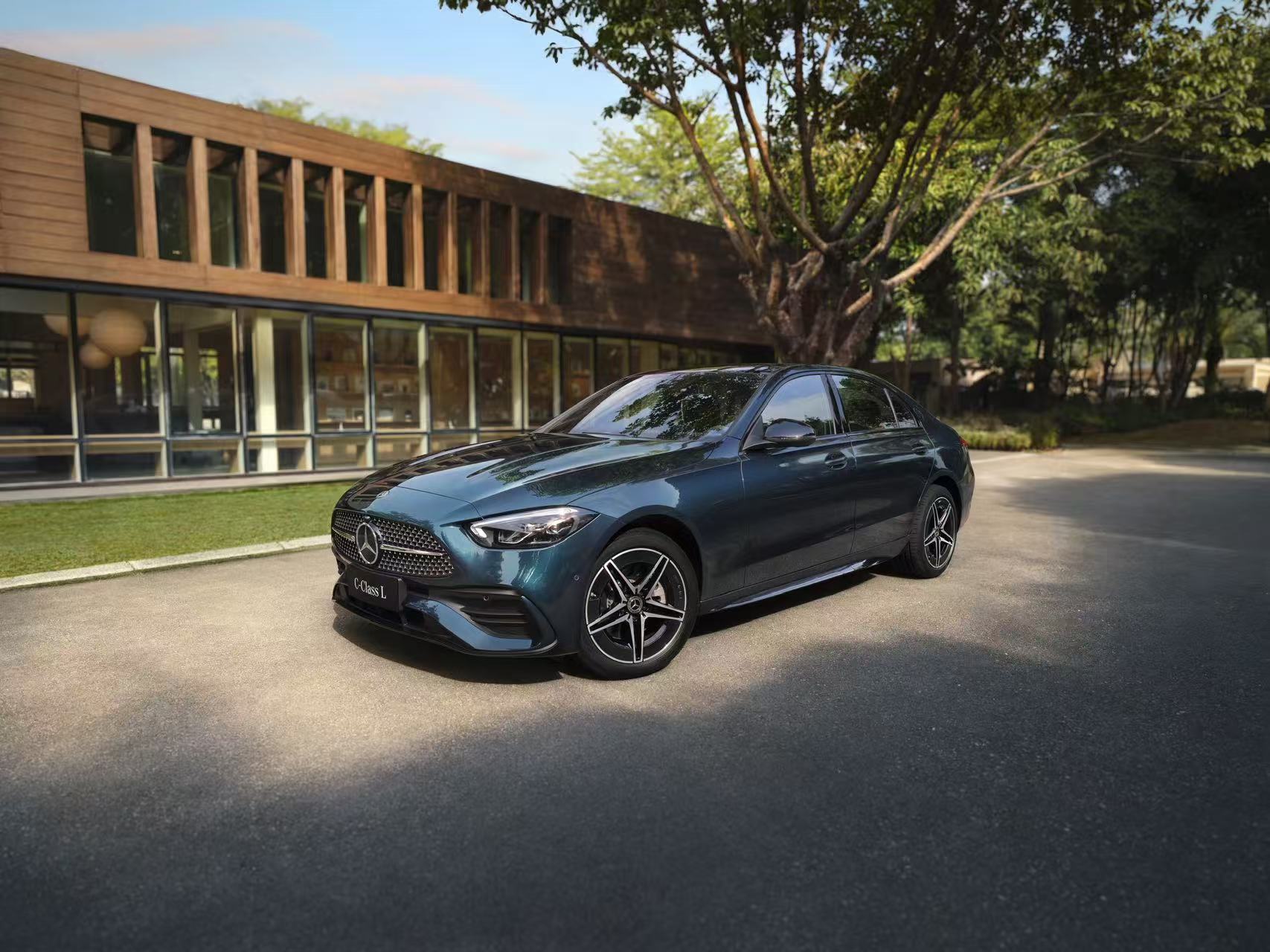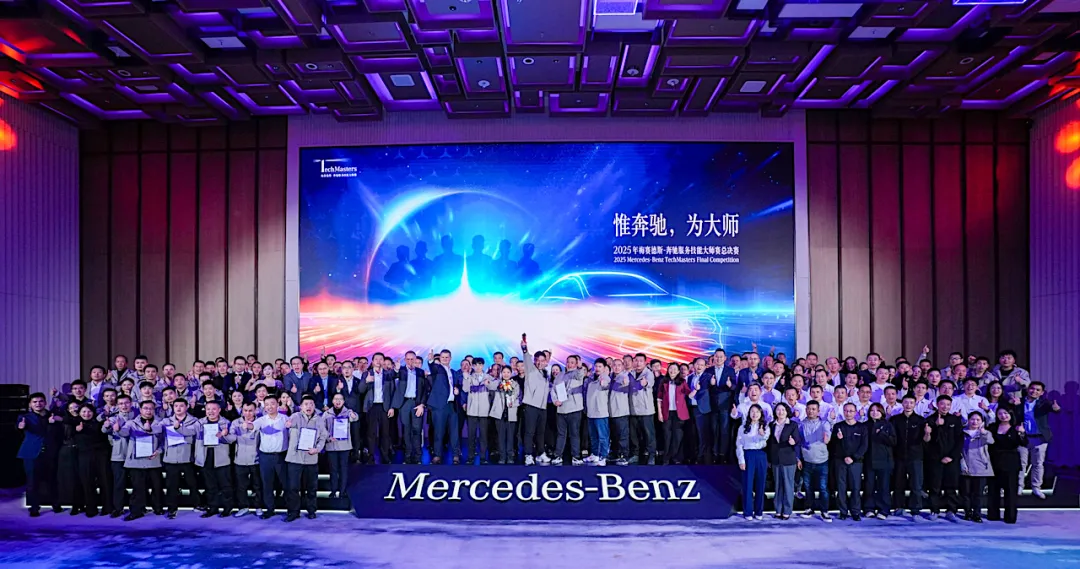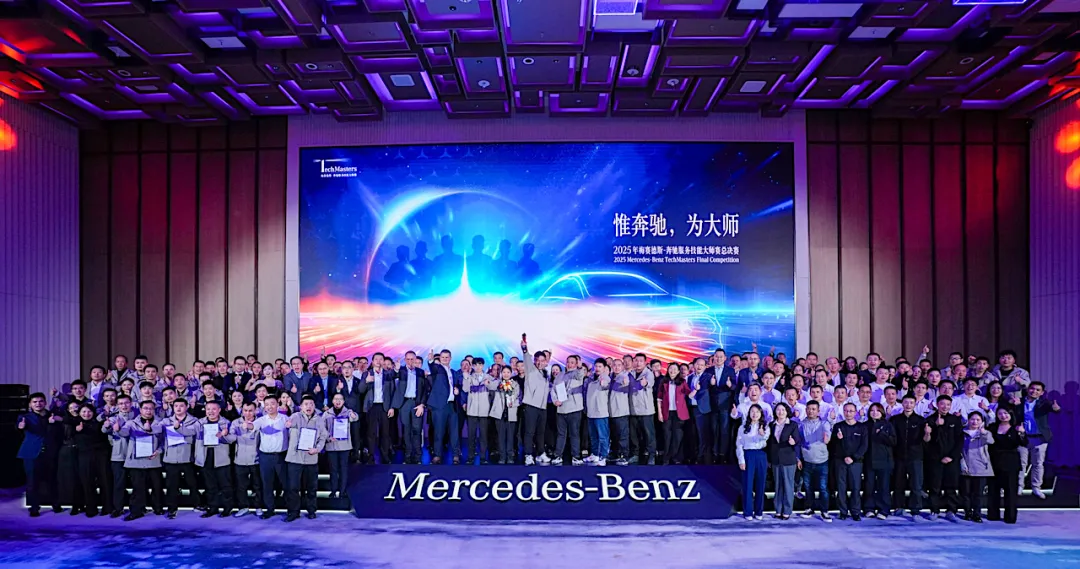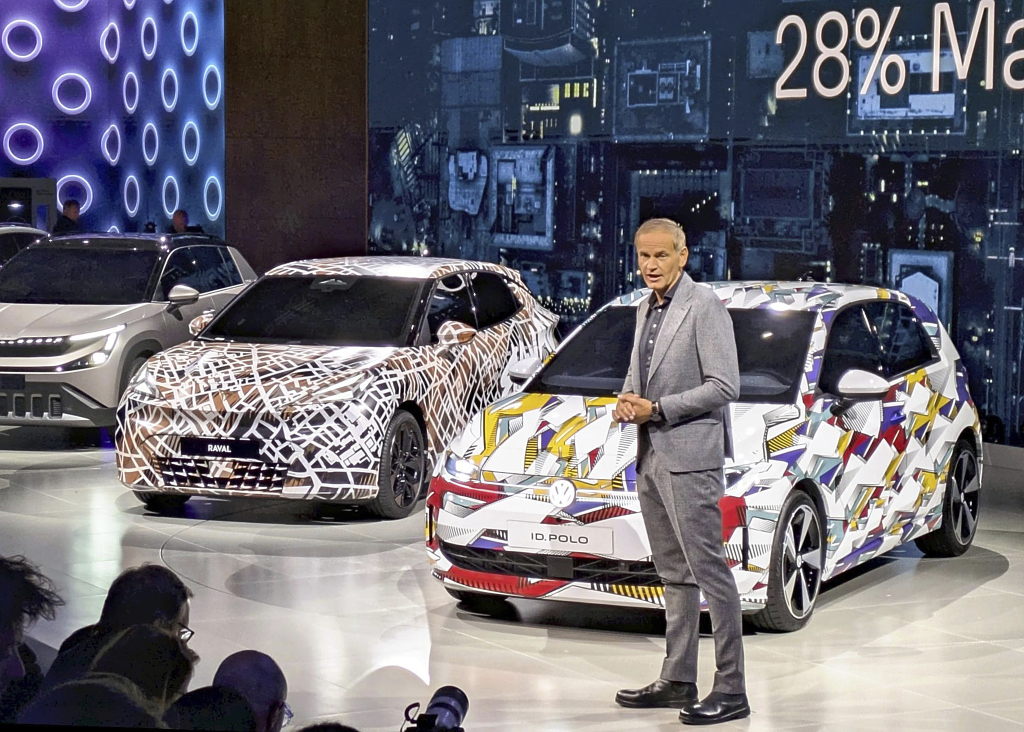
Facing rising Chinese rivals and cost pressures from Trump’s trade war, German automakers are leveraging Europe’s biggest auto show this week to unveil a raft of new models, capitalizing on their home turf, as they battle for dominance in the electric vehicle market and attract U.S. consumers.
BMW, Mercedes-Benz, and Volkswagen unveiled new electric models at the 2025 Munich International Automotive and Smart Mobility Show (IAA Mobility), displaying a level of confidence rarely seen in recent years. This shift in attitude follows years of headwinds as German manufacturers watched Chinese startups surpass them in electric and hybrid technology with faster development speeds and market scale.

On September 8, 2025, local time, in Munich, Germany, at the media preview of the 2025 German International Automotive and Smart Mobility Expo (IAA Mobility 2025), Volkswagen Group CEO Oliver Blume unveiled a new electric car.
The European auto industry is facing a severe "reckoning": on the one hand, Europe has set a strict goal of banning the sale of fuel vehicles by 2035. Most automakers believe that it will be difficult to achieve this on schedule, and the pressure for electrification transformation has increased sharply; on the other hand, Chinese electric vehicle brands have seized local market share with low-cost models, putting European automakers on the passive defense.
Furthermore, the Trump administration's 27.5% tariff on European cars imposed in April this year cost German automakers billions of euros. While the tariff was recently reduced to 15%, the new rate has yet to be implemented. Against this backdrop, German automakers have invested hundreds of billions of euros in developing new technologies and software, ultimately launching new models with competitive advantages in charging times, driving range, and customized entertainment systems.
"We will take the initiative," Volkswagen Group CEO Oliver Blume said on Monday. "The automotive industry extravaganza that we have celebrated for decades has ended in its current form. The key now is to reposition the industry."
Mercedes-Benz Chairman Ola Källenius described the German auto industry as a "spirit of optimism," saying the industry is "investing in the future with unprecedented intensity."
However, during the same period, the German automotive industry has already laid off over 50,000 employees. Nearly all major manufacturers are pursuing restructuring to streamline operations in response to Chinese competition. This initiative faces significant challenges: despite EU tariffs, Chinese cars have maintained a price advantage, more than doubling their market share in Europe over the past year.
McKinsey partner Patrick Schaufuss said: "The next few years will definitely be a 'truth test'." He stressed that European automakers need to speed up product development and simplify processes to keep up with their flexible and agile Chinese competitors.
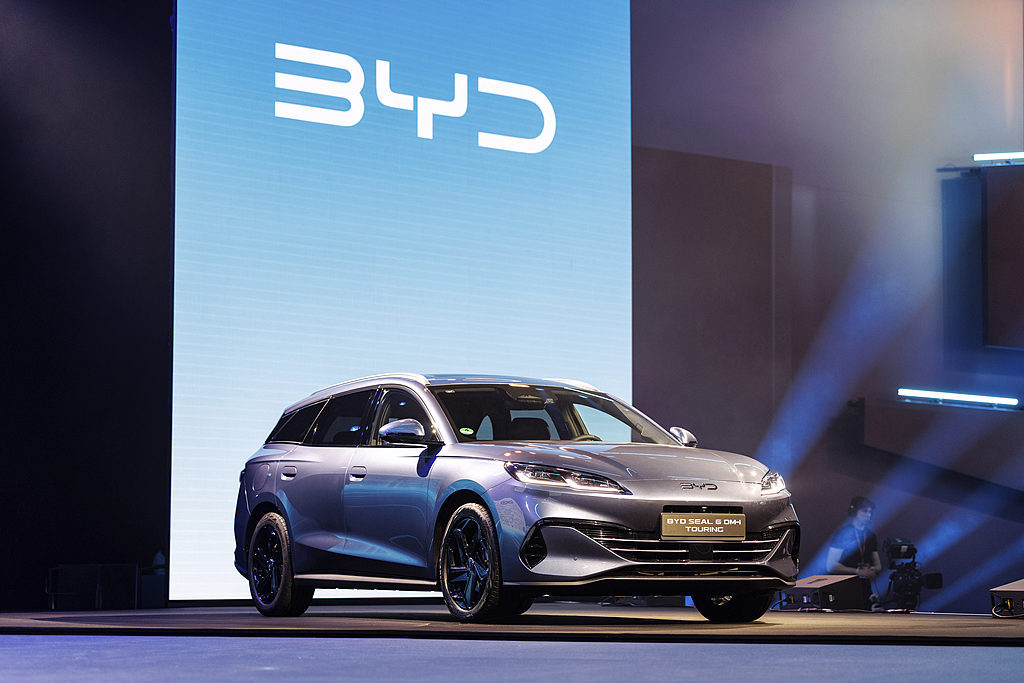
On September 8, 2025, local time, in Munich, Germany, at the media day of the International Motor Show (IAA Mobility), the BYD Seal 6 DMi Touring was exhibited at the Munich Exhibition Center.
Chinese automakers are eager to grab a piece of the European market. Multiple media outlets report that the number of Chinese exhibitors at the 2025 Munich Motor Show has significantly increased from over 70 to 103 compared to the previous 2023 edition. These exhibitors cover complete vehicles, electric vehicle systems, and intelligent automotive software and hardware. Of the 29 automakers participating this year, 14 are Chinese, surpassing the 10 European companies. The head-to-head competition between Chinese and German automakers has become a major highlight of this year's Munich Motor Show.
"BYD's determination to establish itself in Europe will not change," said Li Ke, the company's executive vice president, in Munich. The world's leading electric vehicle sales company has launched its first European station wagon, the plug-in hybrid version of the Seal model, which will be produced in Hungary.
Leapmotor, a Chinese startup partnering with the Stellantis Group, unveiled a new hatchback aimed at younger consumers. Xpeng Motors unveiled its artificial intelligence-powered Next P7 and is establishing a research and development center in Munich.
European automakers are now catching up in a technology sector dominated by Chinese companies just two years ago. Exhibits from major European automakers are no longer driven by mechanical structures, but instead rely on artificial intelligence and software systems, coupled with battery technology that supports longer driving range and faster charging. Vehicles can also recognize the driver and automatically adjust lighting, instrument clusters, and entertainment systems.
According to JATO Dynamics data, Chinese brands' market share in Europe more than doubled year-on-year. Their share of European sales reached 5.9% in May, a significant increase from 2.9% in the same period last year. However, Volkswagen, Renault, and the Stellantis Group, which owns Fiat, Peugeot, and Jeep, still led the European car registrations during the same period, reflecting strong brand loyalty in the local market.
The three German car giants achieve differentiated narratives by deliberately emphasizing their brand heritage. BMW's first mass-produced model of the new generation, the all-new all-electric iX3, incorporates the lines and lighting design of a 1960s sedan, features a panoramic instrument panel, efficient systems powered by lithium-ion batteries, and high-performance computer software.

Mercedes-Benz Chief Technology Officer Markus Schaefer speaks at the global debut of the GLC in Munich, Germany, on September 7, 2025. A Mercedes-AMG GT XX concept car is on display.
The all-new electric version of Mercedes' best-selling GLC model features a 942-dot illuminated grille that pays homage to the classic Maybach honeycomb radiator. It boasts a 443-mile (713-kilometer) range and can recharge a quarter of its capacity in just 10 minutes.
Smart details have become a new highlight of German models: the iX3's trailer hook can be automatically extended and retracted at the touch of a button; pressing the Mercedes-Benz star logo on the GLC's engine hood will pop out the front trunk, which has enough space to accommodate two suitcases.
Volkswagen is returning to its traditional naming system with the launch of the ID.Polo electric model, which is scheduled to begin production next year. It targets the small car market priced under €25,000. The company is facing pressure from both losses in the Chinese market and what Blume called "billions of euros in losses from US tariffs." Its best-selling Audi and Porsche models in the US are imported.
Volkswagen already employs 5,500 people at its Chattanooga, Tennessee, plant and is considering expanding its investment in the United States.

On September 8, 2025, local time, at the 2025 International Automotive and Smart Mobility Exhibition (IAA Mobility 2025) in Munich, Germany, Francois Provost, CEO of Renault Group, Fabrice Cambolive, CEO of Renault Brand, and Laurens Van Den Acker, Chief Design Officer (from left to right) took a photo with the new Renault Clio VI.
Another European giant, Renault, is leveraging Chinese automakers like Leapmotor for expansion. After exiting the Chinese market about five years ago, Renault is now rolling out more economical batteries for electric vehicles and accelerating the development cycle for all its models. Renault CEO François Provost stated bluntly, "Chinese competitors are benchmarks for the industry, and we use them as a reference."
